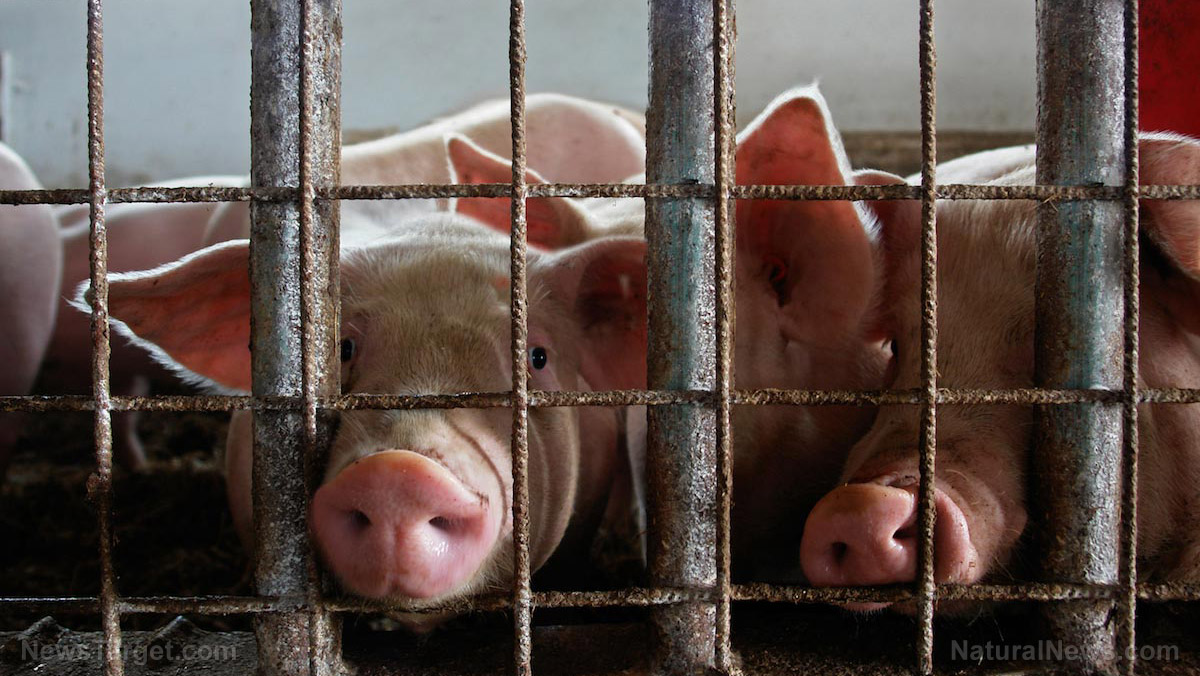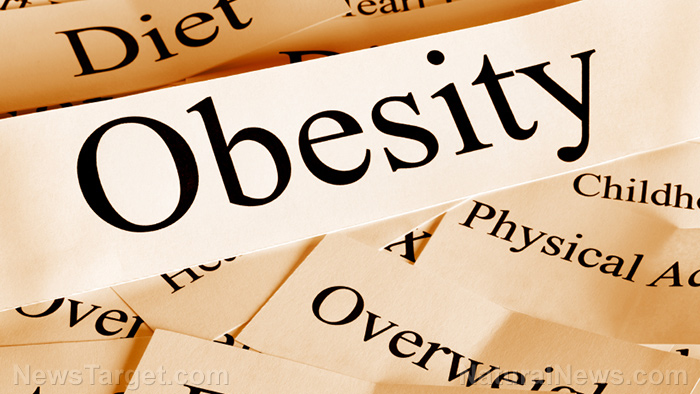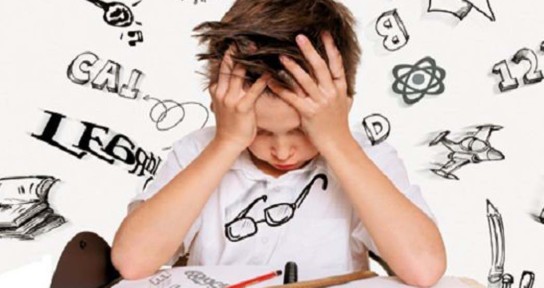Pew survey: Social media harms teen girls’ mental health and sleep patterns
07/20/2025 / By Ava Grace

- Teenage girls are disproportionately affected by social media, with 50 percent reporting disrupted sleep and 25 percent citing mental health struggles – rates significantly higher than boys.
- Girls lose more sleep due to endless scrolling, beauty standards and fear of missing out, leading to anxiety and cognitive issues.
- Twenty percent of girls say social media erodes self-esteem (double the boys’ rate), while 40 percent of all teens admit productivity suffers from distractions.
- Twenty-five percent of girls report mental health harm (vs. 14 percent of boys), driven by cyberbullying, social pressure and curated online perfection.
- Fifty-five percent of parents prioritize mental health, but only 35 percent of teens share this urgency, with many girls lacking open communication at home.
A troubling new report reveals that social media is disproportionately harming teenage girls, with half reporting disrupted sleep and one in four citing mental health struggles linked to their online habits.
The Pew Research Center’s 2025 survey of 1,391 teens exposes a widening gender gap in digital harm, with girls more likely than boys to suffer declines in confidence, productivity and emotional well-being. As lawmakers debate tech regulation, parents and educators face urgent questions: Why are girls more vulnerable, and what can be done?
The Pew survey found that 50 percent of girls aged 13 to 17 say social media damages their sleep, compared to 40 percent of boys. The reasons are no mystery: Endless scrolling, dopamine-driven algorithms and the pressure to stay digitally connected.
Sleep experts warn that disrupted rest fuels anxiety, poor concentration and even long-term cognitive effects. Unlike boys, girls face additional stressors: Comparisons to curated beauty standards, fear of missing out (FOMO) and social exclusion, which amplify nighttime distress. (Related: Social media fuels teen depression, study of 12,000 kids confirms.)
Twenty percent of girls report that social media erodes their self-esteem, double the rate for boys. Platforms like Instagram and TikTok bombard young women with filtered perfection, unrealistic body ideals and highlight reels of peers’ lives.
Meanwhile, 40 percent of all teens admit their productivity suffers due to endless distractions. For girls, the dual burden of academic pressure and social comparison creates a toxic cycle of burnout.
The double-edged sword of social media for teens
Twenty-five percent of girls say social media harms their mental health, versus just 14 percent of boys. While most teens describe the overall impact as neutral, the disparity highlights how online environments uniquely target female users. Cyberbullying, passive-aggressive comments and the pressure to perform happiness publicly weigh heavier on girls, who are statistically more prone to anxiety and depression.
Despite the downsides, 30 percent of teens credit social media for strengthening friendships. Yet girls remain more skeptical. Nine percent say it harms relationships, compared to five percent of boys.
The platforms offer connection but also amplify drama, gossip and exclusion. For boys, gaming and meme-sharing often foster camaraderie. But for girls, the same spaces breed competition and insecurity.
Fifty-five percent of parents rank mental health as a top concern, yet only 35 percent of teens share that urgency. Worse, 80 percent of parents believe they can discuss these issues openly, but just 52 percent of teens say they’re comfortable talking with their parents about it. This communication gap leaves girls navigating emotional turmoil alone, turning to unreliable online sources for support.
Since the rise of Myspace in the 2000s, studies have linked social media to rising teen depression rates. But today’s algorithms are sharper, content is more addictive and screen time is harder to escape.
The Wuhan coronavirus (COVID-19) pandemic and its lockdowns normalized digital dependency. Now, even as schools reopen, teens remain tethered to their screens.
Some states are pushing for age restrictions and school-based mental health programs. Tech companies, under pressure, have introduced “wellness” features like screen-time trackers. But critics say these are Band-Aids on a bullet wound.
Real solutions require parental vigilance, digital literacy education and, perhaps most crucially, a cultural shift in how girls are taught to value themselves offline.
Head over to Mental.news for more similar stories.
Watch this video about the dangers of the connections kids make on smartphones.
This video is from the mgibsonofficial channel on Brighteon.com.
More related stories:
Majority of parents think big tech, social media corrupting kids.
Excessive social media use leads to depression.
Sources include:
Submit a correction >>
Tagged Under:
addiction, Big Tech, children's health, mental, mental health, Mind, opinion poll, Pew Research Center, self esteem, sleep, sleep patterns, Social media, survey, tech giants, teen girls, teenagers, women's health
This article may contain statements that reflect the opinion of the author





















